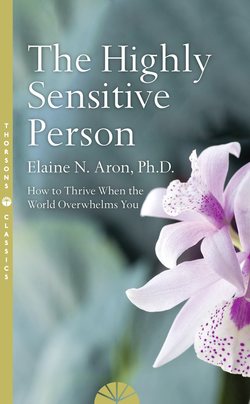Читать книгу The Highly Sensitive Person - Elaine N. Aron - Страница 47
Why the Infant/Body Self?
ОглавлениеThink of what the infant and the body have in common. First, both are wonderfully content and cooperative when they are not overstimulated, worn out, and hungry. Second, when babies and sensitive bodies really are exhausted, both are largely helpless to correct things on their own. The baby-you relied on a caretaker to set limits and satisfy your simple, basic needs, and your body relies on you to do it now.
Both also cannot use words to explain their troubles; they can only give louder and louder signals for help or develop a symptom so serious it cannot be ignored. The wise caretaker knows that much woe is avoided by responding to the infant/body at the first sign of distress.
Finally, as we noted in the last chapter, caretakers who think newborn babies or bodies can be spoiled and should be “left to cry” are wrong. Research demonstrates that if a small infant’s crying is responded to promptly (except at those times when responding just adds to the overstimulation), that infant will cry less, not more, when older.
This infant/body self is an expert on sensitivity. She has been sensitive from the day she was born. She knows what was hardest then, what is hard now. He knows what you lacked, what you learned from your parents and other caretakers about how to treat him, what he needs now, and how you can take care of him in the future. By starting here, we make use of the old adage “Well begun is half-done.”
